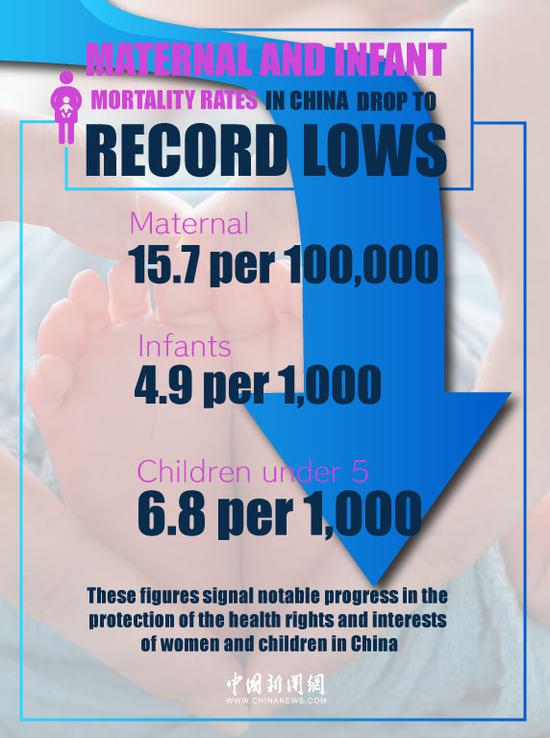Four years after China issued 5G commercial licenses to domestic companies, 5G applications have emerged in nearly 60 percent of the nation's economic categories, with wide coverage of 5G networks and application of 5G solutions in major industries, media reports said. Experts noted that China leads the world in integrating 5G into the real economy.
According to a CCTV report on Tuesday, China has built the world's largest 5G network with the most advanced technologies. As of the end of April, the nation had more than 2.73 million 5G base stations, with 5G networks covering all prefecture-level cities and county-level urban areas. More than 600 million households had used 5G mobile phones.
"So far, 5G applications have been integrated into about 60 of the 97 national economic categories, with more than 50,000 applications launched. China's telecom industry has invested nearly 600 billion yuan ($84 billion) to construct the 5G network, directly driving total economic output of about 3.8 trillion yuan and indirectly generating output of about 9.4 trillion yuan," the report noted.
Huge efforts have been made to apply 5G to industries, and 5G application solutions in key industries such as mining, ports and power were "widely copied" to help companies conduct their digital transformations.
In 2019, China issued 5G licenses to the three major telecom operators and China Broadcasting Network Corp.
Experts praised authorities' and industries' efforts in pushing 5G applications, saying that China's 5G layout tops other countries.
"No matter whether in terms of base station scale, user scale or the business-to-business sector, Chinese operators are the global leaders and have met market expectations in general," Yuan Bo, a senior telecom engineer, told the Global Times on Tuesday.
Many media reports said that China's speed of setting up 5G base stations is much faster than that of the US. The Wall Street Journal in early 2022, for example, showed that China had installed more than 1 million 5G base stations, while the US built only about 100,000.
Another highlight of China's 5G application is in industry, where the technology has brought revolutionary changes, such as remote control in mining and engineering companies, automatic operation in ports and automated inspection of core facilities and sites, Ma Jihua, a veteran industry analyst, told the Global Times on Tuesday.
Moreover, a number of 5G industrial parks have been set up in cities such as Shanghai and Dalian in Northeast China's Liaoning Province. The first 5G Internet of Things industrial park project in Northwest China's Xinjiang Uygur Autonomous Region is expected to be completed next month, according to media reports.
Experts stressed that China's 5G application still has room for development and progress. Yuan said that 5G's value needs to be further explored in the business-to-customer sector.
Officials revealed that the country has planned to further push forward 5G development. Industry and Information Technology Minister Jin Zhuanglong said during a recent exhibition that China will speed up the construction of virtual private networks in the 5G industry and enrich the country's 5G application scenarios.
He also said that China will improve the coverage of high-quality networks such as 5G and gigabit optical networks by continuously optimizing the infrastructure and building 5G factories.


















































 京公网安备 11010202009201号
京公网安备 11010202009201号